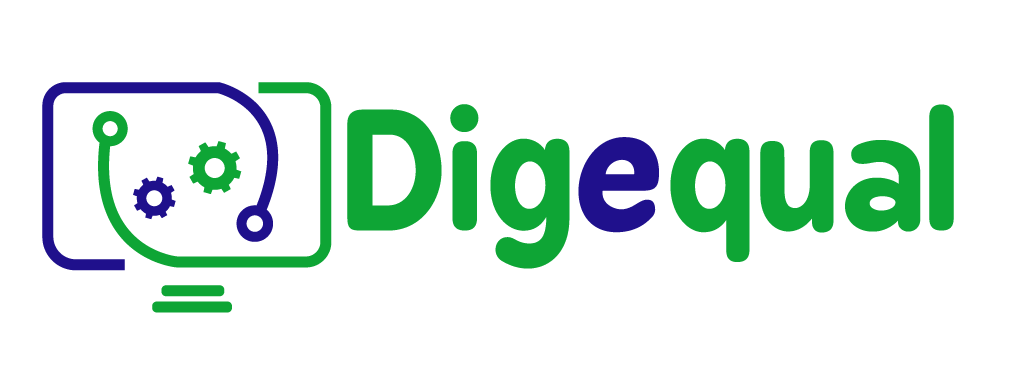Threats of e-health
Despite the fact that the e-health sector has been increasingly developing the past few years, offering a range of benefits to the people, from a different perspective, e-health and its services include some threats as well, that might be the reason why people feel hesitant to use them, such as:
- Ethical issue regarding privacy and security.
- Difficult to access electronic health information due to the digital divide.
- Generating distrust and interference in the doctor-patient relationship.
- The information available is difficult for the average citizen to understand.
- Trouble in learning and using the software.
- It might be time-consuming to bring electronic health records up-to-date.
- The unavailability or lack of the basic infrastructure, such as internet connection in remote areas.
- Even though it saves time, the declining list of options in health information systems may perhaps lack comprehensive information.
How to overcome the threats?
Using online services to monitor the progress of one’s health is a major development for both humanity and human powers. However, the most important issue related to e-health is privacy, security and data protection. Sharing any personal and sensitive data information online is equally serious and can cause. To achieve a situation in which people feel, trust, safe and confident, it is required:
- Legal regulation.
- Ensuring that personal information is protected by the system through privacy protection.
- Provide education to citizens about important e-health information and e-health services.
- Systematically upgrade online healthcare systems and create easy feedback loops for citizens.
- Good and secure data sharing helps to increase people’s trust.
People should often be educated about electronic government services, especially as they relate to their health and well-being. They should only trust websites that contain legitimate information that comes from health experts or health-related organisations and, above all, follow their own judgement about what is best for themselves.
*IMPORTANT NOTE*
e-health, driven by technological advancements and the growing digitization of healthcare, holds immense promise for transforming the way we access, manage, and deliver medical services. Undoubtedly, it brings numerous benefits to individuals by offering convenience and access to healthcare services, improves the healthcare management, offers patients greater empowerment in taking charge of their well-being, etc. However, e-health presents its fair share of challenges. While e-health technologies enhance our ability to manage health effectively and remotely, they cannot fully replace the expertise and personalized care provided by doctors. Although e-health can be a valuable tool in preventive care, diagnostics, and remote consultations, it lacks the physical interaction and direct communication that are essential for certain medical assessments and treatments. Face-to-face consultations with doctors allow for a comprehensive examination, accurate diagnosis, and a deeper understanding of patients’ needs, emotions, and concerns. Moreover, some medical conditions require immediate attention and hands-on interventions that only a doctor can provide. Therefore, while e-health can complement and support traditional healthcare, it cannot entirely replace the indispensable role of doctors in ensuring our well-being. Striking a balance between the convenience of e-health and the irreplaceable value of in-person healthcare interactions remains crucial to maintaining comprehensive and effective healthcare for all. Therefore, embracing e-health thoughtfully and responsibly will lead to a future where healthcare becomes more accessible, seamless, and ultimately, enhances the overall well-being of individuals and communities worldwide.
